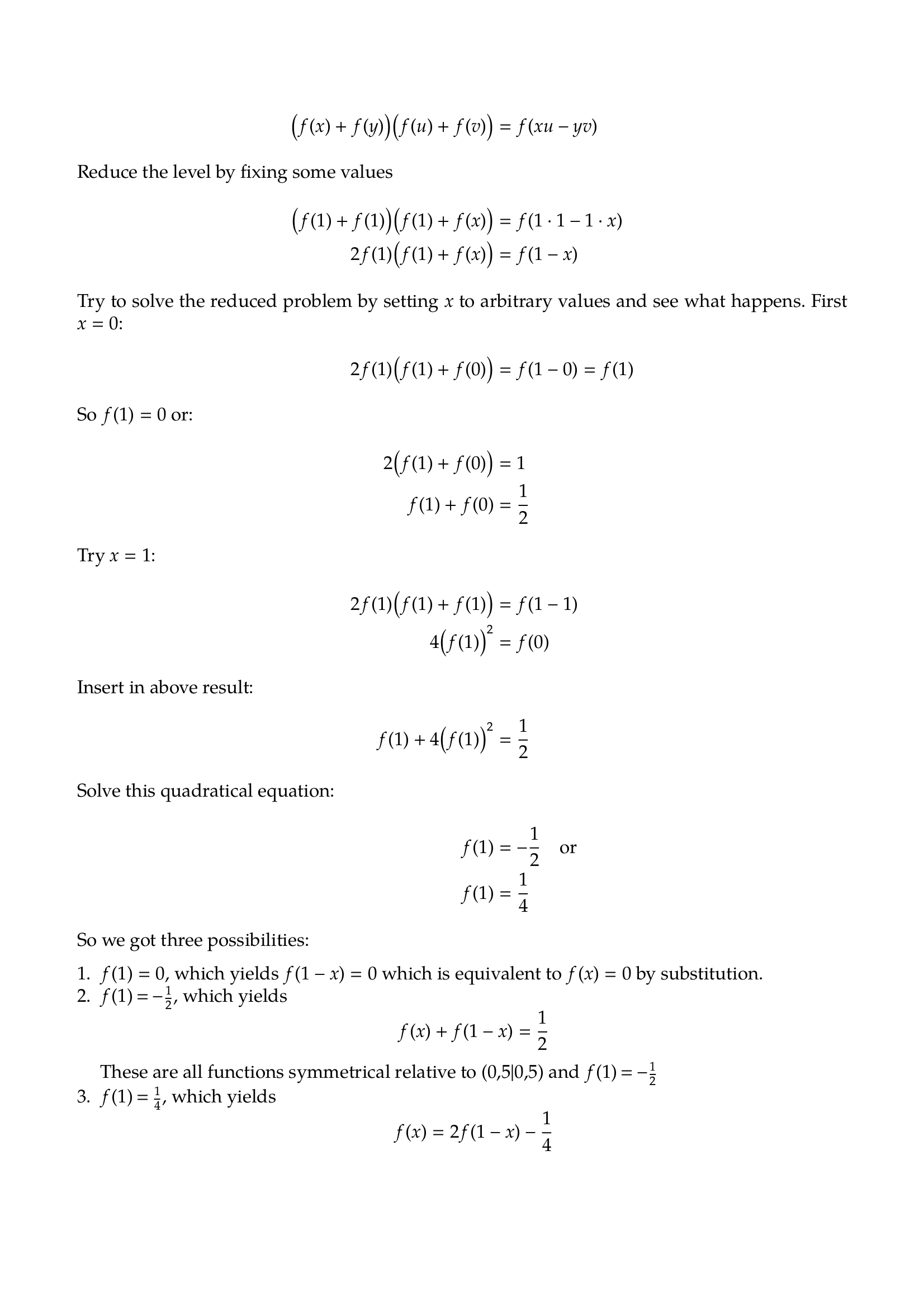In a traditional exam, there is a strong focus on facts and techniques. For instance, in a course on linear algebra, students are asked to diagonalize matrices and they have to check whether a given set forms a vector space, etc. Sometimes I think that a well-trained monkey should also do this well.
Recently I read a report on a different kind of task in an exam which had the following style:
Assume $f$ and $g$ to be real-valued functions satisfying $f(1)=2$, $f(2)=3,$ $f(3)=6$ and $g(2)=5$, $g(5)=3$, $g(6)=3$. Is this information sufficient to calculate $f\circ g$ of the value $5$? If the answer is "yes", then calculate the value, if not then argue why.
I found this task very interesting since it seems very easy for students who are familiar with the composition of functions and it seems nearly impossible for students who are not.
Question: Where can I find more non-standard tasks for (written) exams that try to focus on deeper understanding?
I would like to concentrate on undergraduate level.
